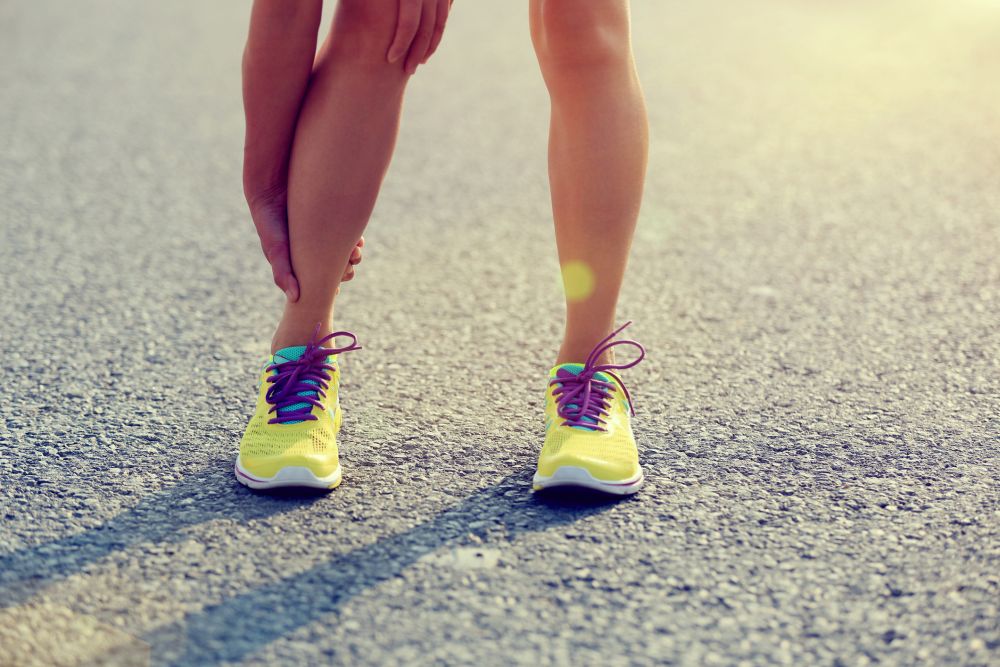Do these 5 things to keep your bones strong
Avoid stress fractures with these simple tips

Running is a high-impact, high-stress activity. For this reason, it can be really beneficial when it comes to building and keeping strong bones, but for the same reason, it can also have the opposite effect. If you’re not careful, running can result in bone stress injuries like stress fractures, which can sideline your training for several weeks. Recently, researchers from the U.S. and British Militaries published a paper outlining strategies to keep army recruits’ bones strong, and runners should take notes. In total, they offered five pieces of advice for maintaining healthy bones.

RELATED: Study: lower stride rate associated with higher risk of bone stress injuries
Start young
This first piece of advice is for parents and coaches of children and young teens. The researchers explain that adaptive bone formation (i.e. growing new bone) occurs during exercise, but it appears that your bones respond to exercise in this way the best during adolescence, before puberty. They point out that new bone can take up to a year to mineralize, so gradually increasing physical activity in youth is the best way to protect your skeletal health later in life.
If you’re not an adolescent, the important takeaway here is that you can still grow new bone through exercise, but if you’re starting a new running routine or considering bumping up your mileage or intensity, it’s important to do this gradually over time to give your bones a chance to adapt.

Get enough sleep
Your body goes through a number of healthy processes while you sleep, including bone remodeling. During that time, old bone tissue is removed and new bone tissue is formed. Without adequate sleep, this remodeling process won’t happen properly, and your bones will gradually get weaker. In fact, a 2019 study of postmenopausal women found that those who got less than five hours of sleep every night were more likely to have low bone mineral density and were at a higher risk for osteoporosis.
Get your vitamin D
Research over the last few years has shown that vitamin D has an array of positive effects on our bodies, including improving the health of our bones and our muscles. Without this important vitamin, our bodies can’t properly absorb calcium, which can weaken our bones over time and put us at risk for bone stress injuries.
Don’t forget calcium
Calcium is important for runners for so many reasons, and your heart, muscles and nerves require it in order to function properly. It’s widely understood now that calcium is critical for healthy bones and adult men should aim to consume 1,000 mg of calcium per day, while women over 50 should aim for 1,200 mg.

RELATED: Study: teen runners aren’t eating enough
Eat enough calories
Finally, and perhaps most importantly, runners need to ensure they’re consuming enough calories to support their bone health. Running is a highly demanding sport that uses up a lot of your energy stores, and it’s critical that you eat enough to support your training. A 2020 study found that runners with low energy availability had lower bone mineral density and their bones were both thinner and weaker — all of which put you at greater risk for stress fractures.


